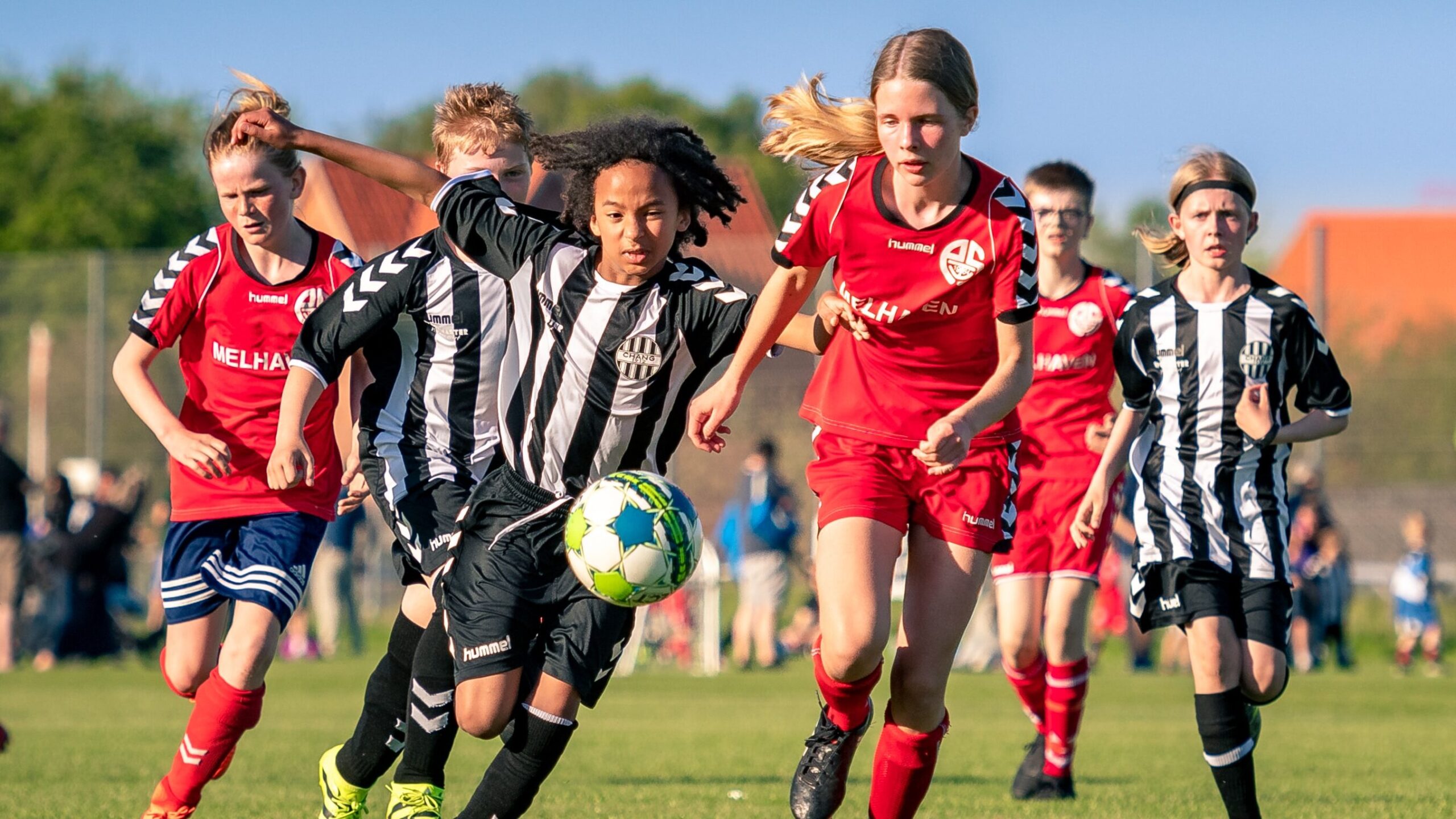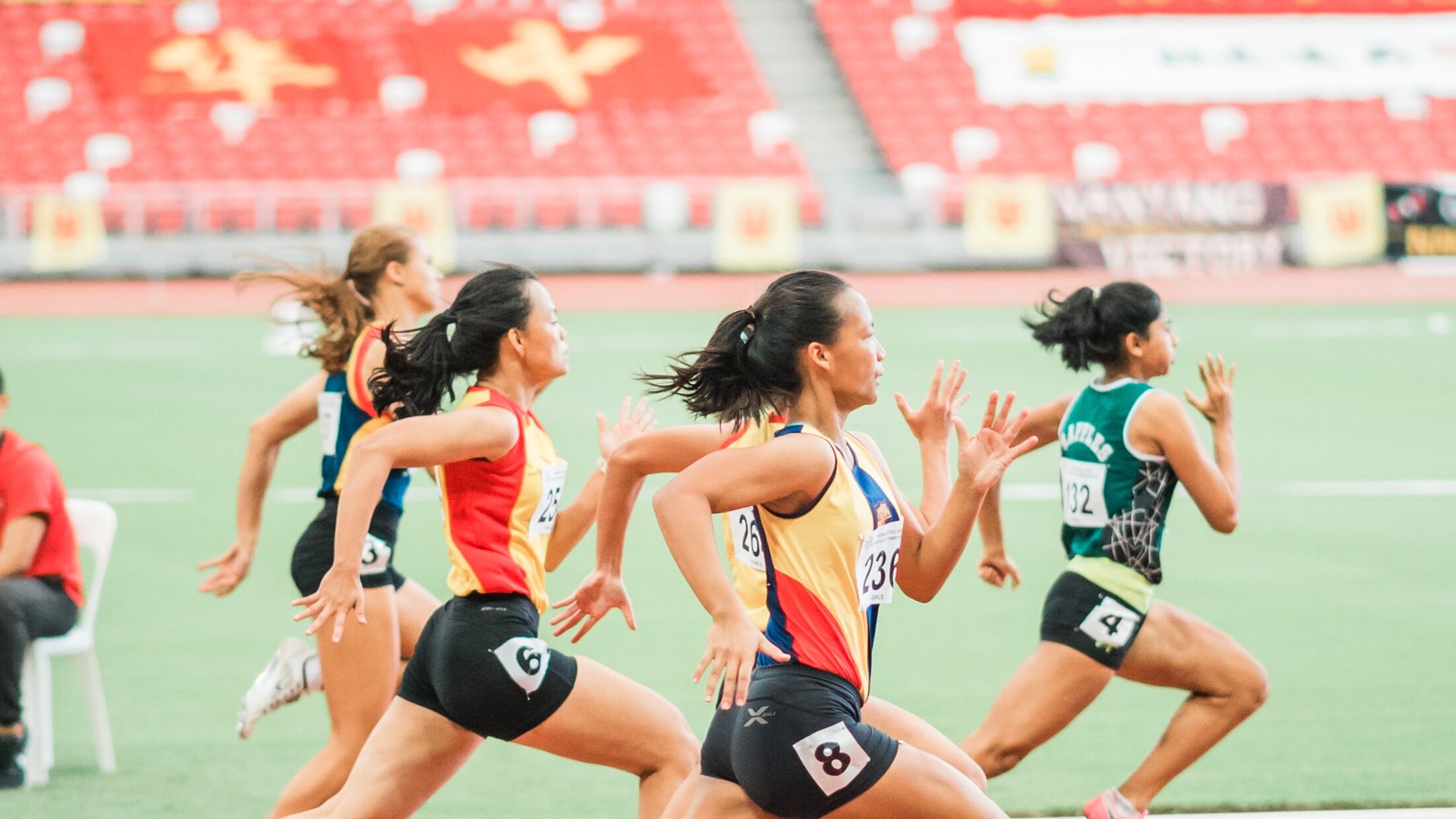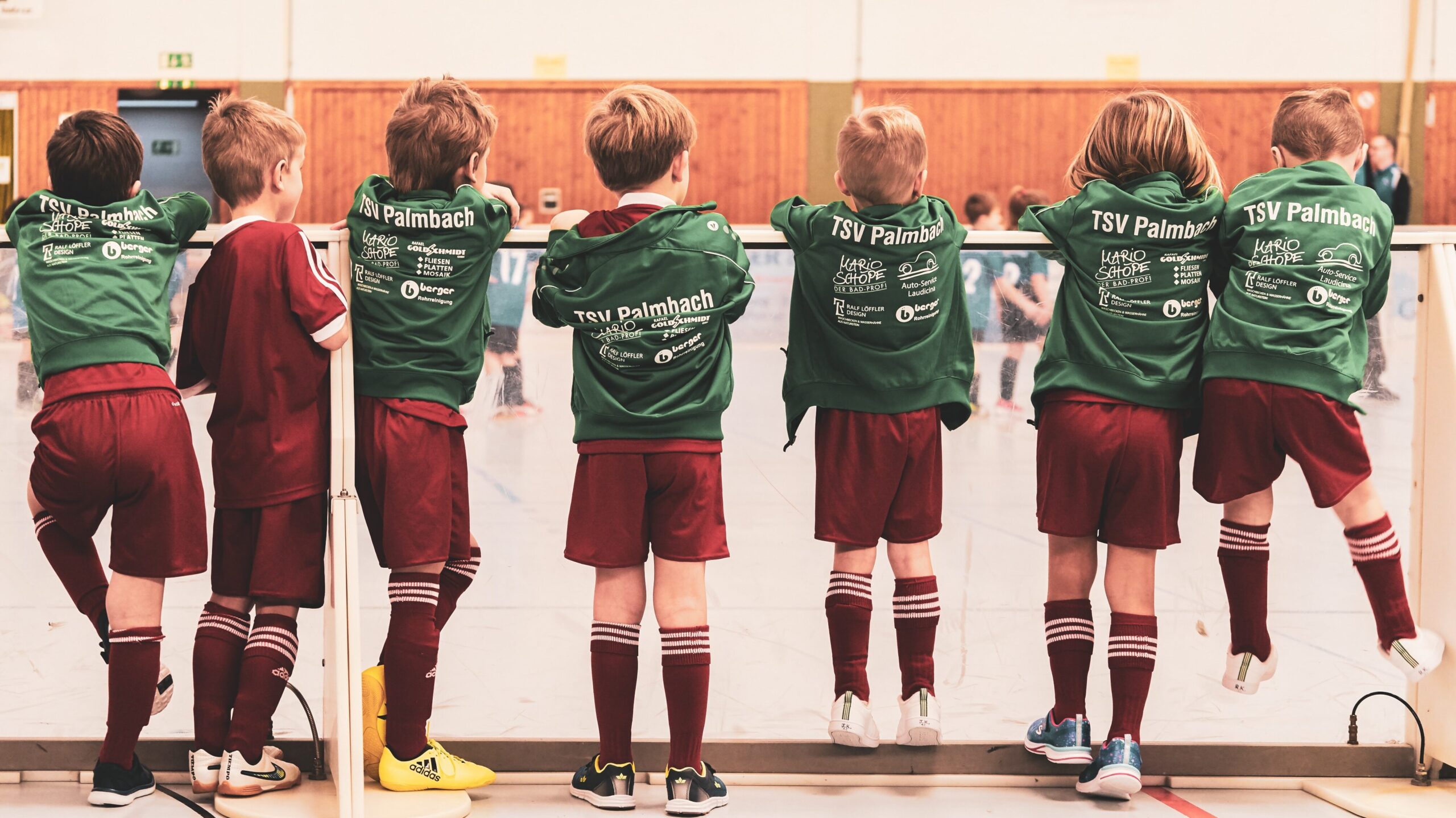News Team member Stephanie Oehler describes how the online "trad-wife" aesthetic fuels the flames of the anti-vaccination movement during the second-largest measles outbreak of the 21st century.
Not All Sports are Created Equal
Researchers say individual sports are linked to worse mental health problems than team sports.
By Andrew Feld
Sports are good for kids: They provide countless physical benefits — stronger muscles, improved cardiorespiratory functioning, higher bone mineral density. And barring catastrophic injuries or burnout, most studies find that sport participation also improves kids’ mental health, especially when compared to their non-sport counterparts. Now, researchers are interested in seeing if these mental health benefits differ by sport type.
A study, published in the Public Library of Science this June, found that kids who participated in only team sports (such as volleyball, soccer, or baseball) had better mental health compared to non-sport participants. Surprisingly, they also found that kids who played exclusively individual sports (such as cross country, ballet, or tennis) had worse mental health compared to non-sport participants.

“It makes us rethink our default assumption that all sport is good for our mental health,” said Matt Hoffmann, lead researcher and professor in kinesiology at California State Fullerton. “Of course, there’s always physical benefits to playing any sport. But, it just makes us step back and think, okay, what are some of the pressures associated with playing individual sport at such a young age?”
Structuring a study on sports participation
The cross-sectional study examined data from over 11,000 9- to 13-year-olds. Researchers gathered that information from the 2020 National Institutes of Health-sponsored Adolescent Brain Cognitive Development study, which asked parents a multitude of questions about their kids. Some of those questions centered on how much the kid played a specific sport, while others asked parents to rate their child’s mental health using a variety of conditions, such as anxiety, depression, and social problems.
Researchers then grouped together all the children with zero hours of sports participation in the prior year. The remaining children were then broken into three groups based on the type of sport they played: team sport only, individual sport only or team and individual sport. From here, researchers looked at the mental health outcomes for each group and calculated odds ratios, which essentially measure the strength of the association between an exposure and outcome.
In the end, researchers found a significant distinction between the groups. Kids who only played team sports had better mental health scores for a variety of metrics, including 10% lower anxious/depressed scores, 19% lower withdrawn/depressed scores, and 17% lower social problems scores than kids who played no sport.

However, kids participating in only individual sports had 16% higher anxious/depressed scores, 14% higher withdrawn/depressed scores, and 12% higher social problems scores, compared to their non-sport counterparts. Furthermore, kids who played both team and individual sports had equal mental health scores to those who played no sports.
“I’m not at all surprised that individual sports in this study of a large sample are seeing sort of the more negative effects of individual sports,” said Dr. Catherine Sabiston, professor of kinesiology and physical education at the University of Toronto. “You have to remember that most individual sports, as qualified or characterized in the study, tend to be judgment-based, weight-based, appearance-based, and that introduces so many other factors that negatively impact mental health.”
Comparing sports types is challenging
Such a finding may cause parents to think twice about putting their child in an individual sport. However, both Hoffmann and Sabiston insist that a hesitancy to play individual sports should not be the main takeaway, pointing to the fact that this is a cross-sectional study, a snapshot in time, where causality cannot be determined.
“Right now, we’re working off the assumption that sport comes first, which impacts mental health,” says Hoffman. “But it’s just a one time point. So it’s also possible that the kids who tend to have slightly more anxiety, just in general, are gravitating towards individual sport.”
Sabiston notes a couple more caveats in the study that may ease parents’ minds. For one, the data was parent-reported, meaning that some of the correlations found are only as accurate as parents are at reporting their child’s mental well-being. For some metrics, such as depression, parents may be accurate, but for others, such as social problems, they may be way off.
Additionally, Hoffmann and Sabiston each point to the complexity in defining sport type. Although studies like this one must place each sport into an individual or team category, in reality, most sports are not purely one or the other, and instead include traits from both, causing the sport to actually fall in the middle.

“There is a whole group of sports that are considered co-acting,” said Sabiston. “So you play against one other person — it’s an individual play or doubles — but you’re part of a team. Same thing with track and field. Same thing with swimming.”
These “co-acting” sports cause a problem. For example, researchers in one study could call, say, tennis an individual sport whereas researchers in another study could designate it as a team sport. Any findings from those studies linking individual or team sport to mental health would be irrelevant to parents of a tennis player because tennis would be listed as both an individual and team sport. To move past this barrier, researchers would need an extraordinarily large dataset across many different sports.
“If you could have a big enough sample size for individual sports, that would be the way to do this,” says Dr. Hoffmann. “[You could] compare kids who are playing exclusively tennis, exclusively golf, exclusively gymnastics, and seeing how they compare to kids who play no sports, and then you would know what sport is really associated with negative mental health.”
Helping parents understand the findings
Aside from being very difficult, completing a study that aims to single out one particular sport seems at a minimum ethically controversial — not just by tarnishing the sports’ reputation, but also by introducing a societal stigma towards the kids who decide to play the sport and their parents who allow them to.
So without one of those studies, how should parents interpret these findings? For Dr. Sabiston, parents ought to move forward by allowing their kids to play whichever sport they want, but understand that if a child only plays an individual sport, they may need a little more parental supervision.
“I think [the finding] is actually a positive,” says Dr. Sabiston. “It helps parents understand that if their kids are enrolled in individual sports, there is an added layer that they need to be accounting for. And that is to be a supportive parent, to ask lots of questions, to be aware of what their kids are feeling and doing and making sure that they’re invested in [the sport] for the right reasons.”
